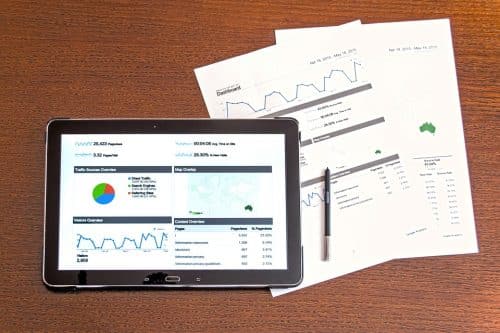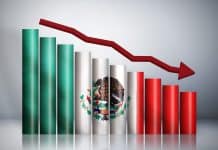Advertisements
The race to stop the spread of the new coronavirus could be frustrated by Americans fearful of large medical bills if they get tested, low-income workers who lose pay if they take time off when sick, and similar dilemmas that leave the United States more vulnerable to the epidemic. than countries with universal health coverage and stronger safety nets.
As testing for the virus spreads, health care experts predict that some people with flu-like illnesses - or those who may have been exposed - will avoid finding out if they have been infected because they do not have insurance or because they have plans that impose a large part of the cost of their care on them.
Advertisements

Making sure the right people get tested, and keeping them away from others if they are infected, is crucial to help slow the spread of the virus within communities as it appears in an increasing number of states.
Advertisements
Now that federal health officials have ironed out teething problems with the test itself and have allowed more labs to get involved in finding the infection, this testing and quarantine work is the essential second stage. However, the government has not yet begun to tell Americans where to go for tests, and neither public nor private insurers are changing their rules to protect people from test-related charges.
Some preparations recommended by the Centers for Disease Control and Prevention are incompatible with the way the benefits work. Officials have urged people to keep an adequate supply of their routine medications in case they end up in quarantine. But insurance companies rarely allow refills until the patient is almost out of pills. The agency also urges people with respiratory illnesses to stay home from work. But with no federal sick leave requirements, some experts predict the virus will spread more quickly.
For a rapidly spreading international epidemic, the country's health care system and benefits for many workers "are certainly not optimally designed," said Sabrina Corlette, a research professor at the Center for Health Insurance Reform at George Town University.
Federal funds cover the cost of the test coronavirus itself when performed in federal, state, or local public health laboratories. But that changes as academic and commercial labs get involved. In neither case does the government cushion the bills for visits to the doctor's office, urgent care center, or emergency room, even though nearly half of the 160 million Americans with job insurance have insurance plans. health with high deductibles.
"Deductibles are designed to make people think twice before going to the doctor if they're feeling sick," said Larry Levitt, executive vice president for health policy at the Kaiser Family Foundation, a health research organization. "In a potential pandemic, the last thing you want is for people to think twice before going to the doctor."
America's Health Insurance Plans, the industry's leading trade group, has published a guide called "Keeping Americans Safe from coronavirus«. The statement says that insurers are "carefully monitoring the system" and working with the CDC to share information.
Read More: Understand more about the tariff crisis
But he does not urge insurance companies to eliminate out-of-pocket costs for tests or for visits to doctors or clinics for respiratory illnesses, saying health plans may want to determine "whether policy changes are needed to ensure that people get essential care.
Thomas Inglesby, director of the Center for Health Security at the Johns Hopkins Bloomberg School of Public Health, said removing the financial disincentive to get tested "has to be at the top of the list" of issues that federal health officials address.
Inglesby said that other countries, including Western democracies with government-funded health care systems, have not been fully publishing their testing strategies. But he said: "Countries where patients could receive large bills for diagnostic tests will have additional problems identifying people."



